Heating systems are a crucial part of any new home build or renovation. As remodelers, builders and designers look for equipment that meets the growing demand for energy-and space-efficient homes, combi boilers are rising to the forefront as a multifunctional option that meets both goals. Combi boilers are a way for remodelers, builders and designers to stand out from their competition and offer something new to their customers—an energy saving and space saving alternative.
Nathan McShinsky, a marketing specialist at Eastern Propane & Oil in Rochester, New Hampshire, says that combi boilers offer more than just efficiency.
“With combi boilers, you’re heating your home and your water all at the same time,” said McShinsky. “The equipment is all on demand and it’s convenient. These units are small, so they don’t take up much space which is great when you’re building or remodeling and trying to get some square footage back.”
These compact propane-powered units are lowering costs and adding value to homes across the country by being adaptable, efficient, and dual-purpose heating solutions.
Adaptability of Combi Boilers
Propane-powered combi boiler technology combines an on-demand condensing water heater with a condensing boiler to supply both space heating and domestic hot water through one unit. Because they are compact and lightweight, combi boilers are an efficient and functional option for homes with space limitations. In addition to the added space the propane-powered combi boiler brings to a home, they’re also easy to install.
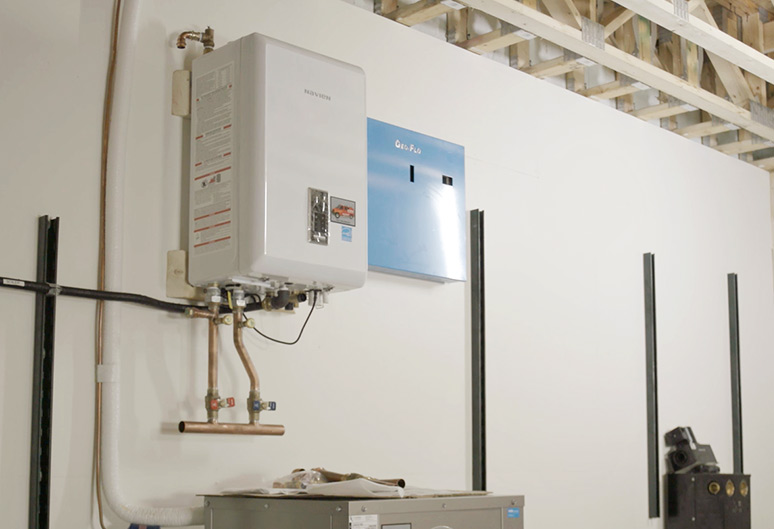 “Installation is super quick,” McShinsky said. “We’re not interrupting anything. We’re in and out. It’s a quick and quiet process.”
“Installation is super quick,” McShinsky said. “We’re not interrupting anything. We’re in and out. It’s a quick and quiet process.”
In most cases, the combi boiler is a wall-hanging unit. At about 14 inches wide, 2 feet tall, and 80 pounds, combi boilers can be neatly tucked away to free up space for other equipment and upgrades your customers are looking for. And they can be vented with a two-pipe, sealed-combustion system using affordable PVC venting, either vertically or horizontally through a side wall or in an interior closet.
“There’s a level of ease with these units,” McShinsky said. “It’s not on the floor. It’s 2 going to be at eye level, if not above, depending on your space. Even though it’s small, it’s powerful.”
In addition to saving square footage, customers will appreciate the energy efficiency and comfort that comes with propane. Research from the Propane Education & Research Council (PERC) shows more than 7.5 million households relied on propane for primary or secondary home heating in 2015, and 4.3 million households used propane for residential water heating.
READ MORE: THE HUGE SUSTAINABILITY POTENTIAL OF HEAT PUMPS
Efficiency of Combi Boilers
Like tankless water heaters, combi boilers heat water on demand when the flow switch is activated, so they don’t have to constantly maintain a tank of hot water like a conventional water heater. They’re also condensing, which means they can achieve efficiency levels. of 95 percent by extracting additional heat energy out of the flue gas. And in areas with limited access to natural gas, propane-powered water heating is a more cost-effective option than electricity.
Propane combi boilers use a heated solution containing water, antifreeze, and a corrosion inhibitor in a sealed circuit for space heating. The domestic hot water is then indirectly heated in the heat exchanger. The setup avoids the sediment and calcification buildup on the heat exchanger typically associated with on-demand water heaters. According to the Environmental Protection Agency (EPA), poorly designed or maintained HVAC systems can lead to reduced air quality. Propane- powered systems that heat the home via hydronic baseboard or in-floor heating is the elimination of fans and duct systems which can circulate dust, dirt, and other allergens, according to PERC.
“They’re so versatile,” McShinsky said. “The combi boiler gives homeowners the option to have the hot water, instead of the hot air to efficiently heat the house. You’re getting two things working together to do multiple things in your house. Instead of having potentially a furnace and a boiler, this is a marriage of the two.”
Propane offers versatility, efficiency, and sustainability that’s unmatched by other energy sources. Builders, remodelers, and designers can enjoy the propane advantage as well: when you build with propane, you set your homes apart from the competition and give your buyers a level of performance they’ll pay a premium to enjoy.

Bryan Cordill is the director of residential and commercial business development at the Propane Education & Research Council. He can be reached at bryan.cordill@propane.com.

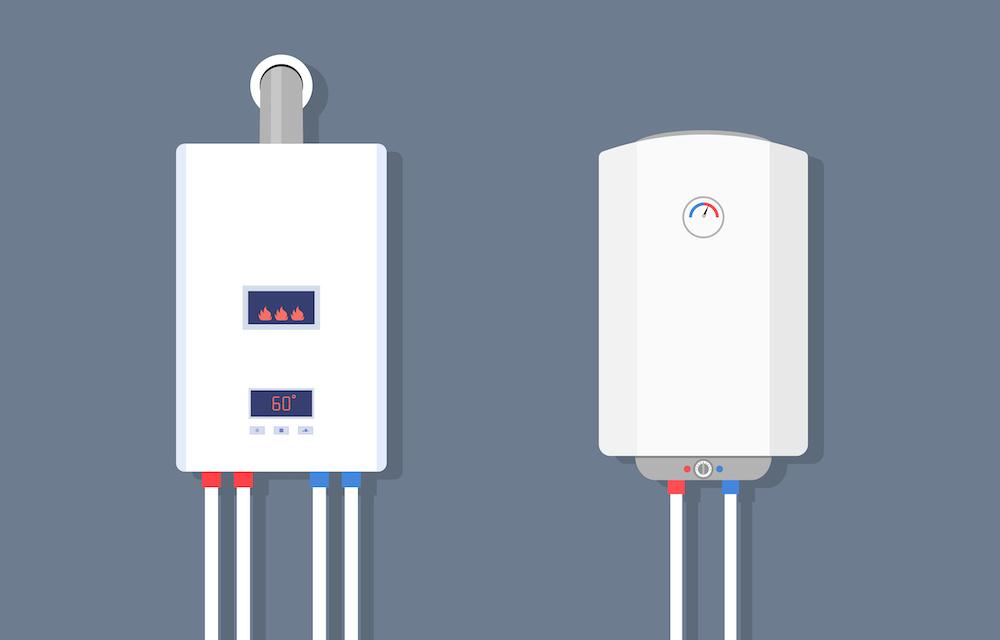

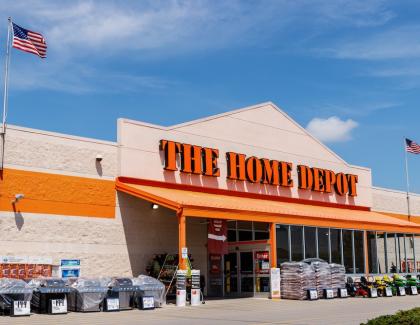
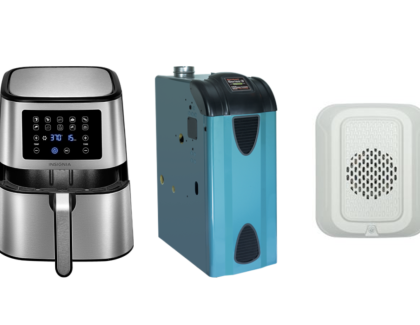
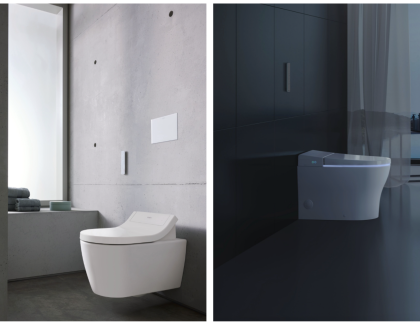


Add new comment